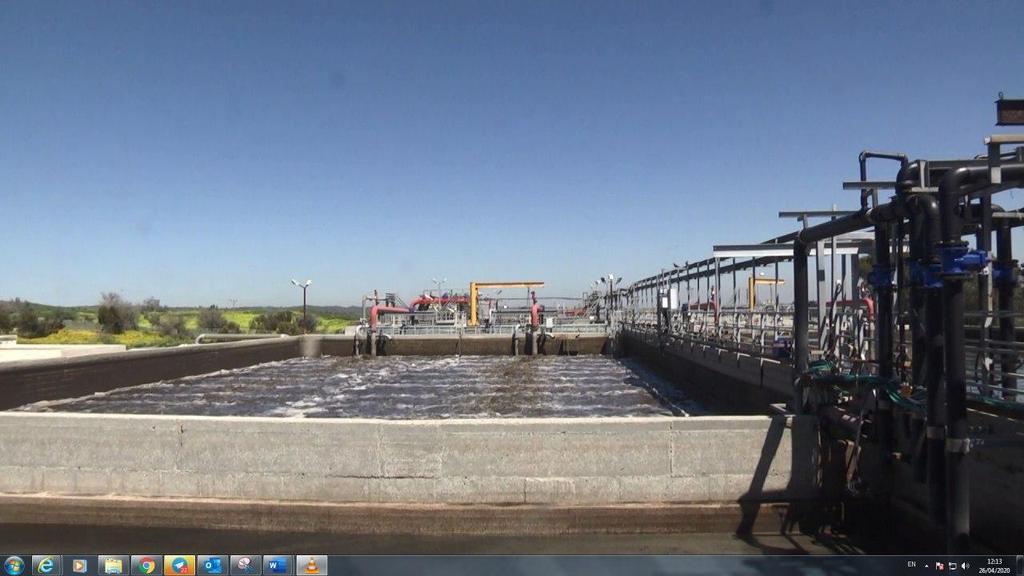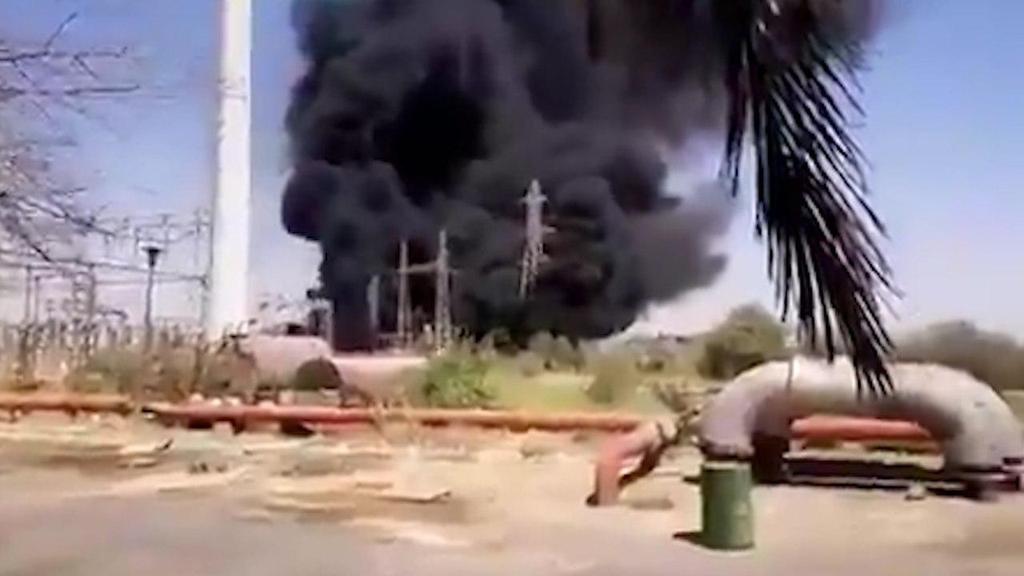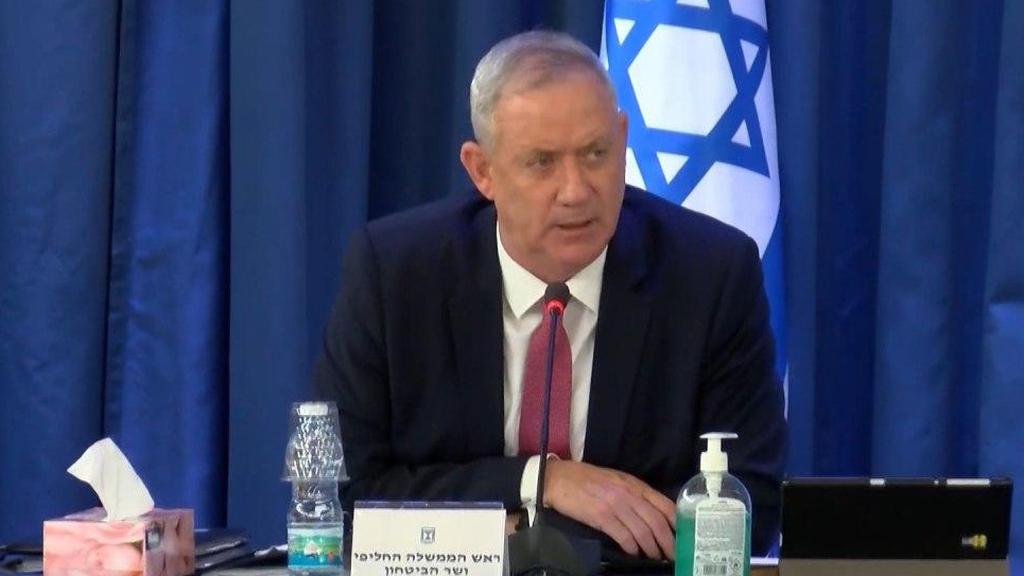Defense Minister Benny Gantz said on Sunday that Israel is not "necessarily" behind every mysterious incident in Iran, after a fire at the Natanz nuclear site prompted some Iranian officials to say it was the result of cyber sabotage.
The underground Natanz site, where a one-story building was partly burned on Thursday, is the centerpiece of Iran's uranium enrichment program and monitored by inspectors of the International Atomic Energy Agency, the United Nations nuclear watchdog.
Asked whether Israel had anything to do with "mysterious explosions" at Iranian nuclear sites, Gantz said: "Not every incident that transpires in Iran necessarily has something to do with us."
"All those systems are complex, they have very high safety constraints and I'm not sure they always know how to maintain them," Gantz told Israel Radio.
Three Iranian officials who spoke to Reuters said they thought cyber sabotage had been involved at Natanz, but offered no evidence. Two said Israel could have been behind it.
Israel, widely believed to be the region's only nuclear power, has pledged never to allow Iran to obtain atomic weapons, saying Tehran advocates its destruction. Iran denies ever seeking nuclear arms and says its atomic program is peaceful.
An article by Iran's state news agency IRNA addressed what it called the possibility of sabotage by enemies such as Israel and the United States, although it stopped short of accusing either directly.
In 2010, the Stuxnet computer virus, widely believed to have been developed by the United States and Israel, was discovered after it was used to attack Natanz.
3 View gallery


A water treatment plant in Sderot, one of the sites targeted by suspected Iranian hackers
(Photo: Roee Idan)
In May, Israel’s national cyber chief officially acknowledged the country had thwarted a major cyber attack against its water systems, an assault widely attributed to arch-enemy Iran, calling it a “synchronized and organized attack” aimed at disrupting key national infrastructure.
Yigal Unna did not mention Iran directly, nor did he comment on the alleged Israeli retaliation two weeks later said to have shut down a key Iranian port, but he said recent developments have ushered in a new era of covert warfare, ominously warning that “cyber winter is coming.”
Iran curbed its nuclear work in exchange for removal of most global sanctions under a 2015 accord with six world powers. It has reduced compliance since the United States withdrew in 2018.



